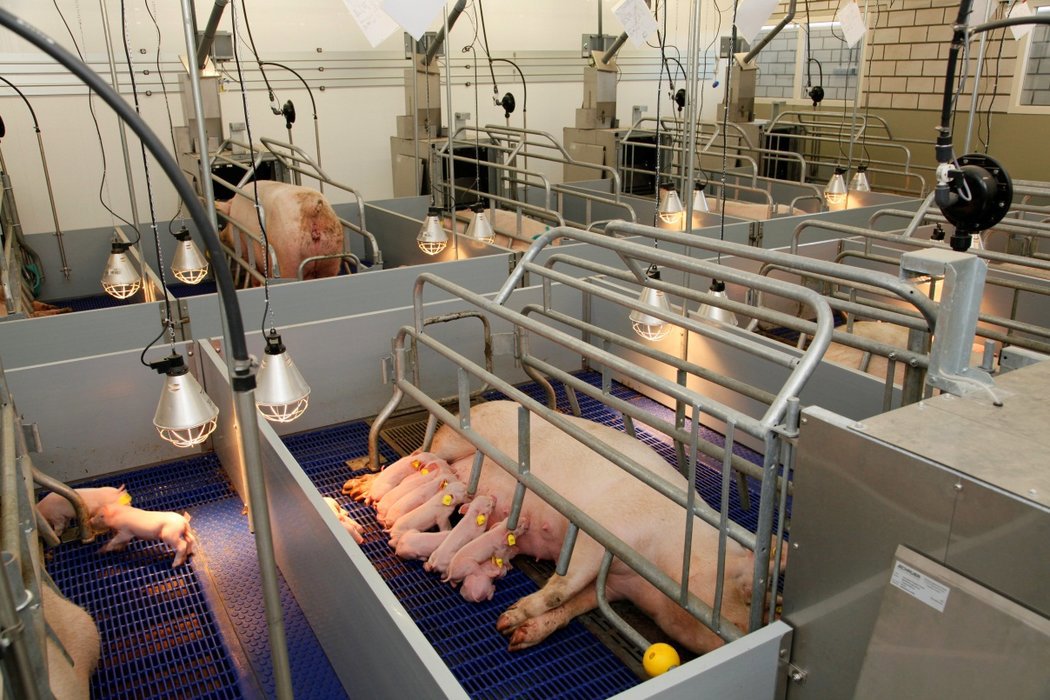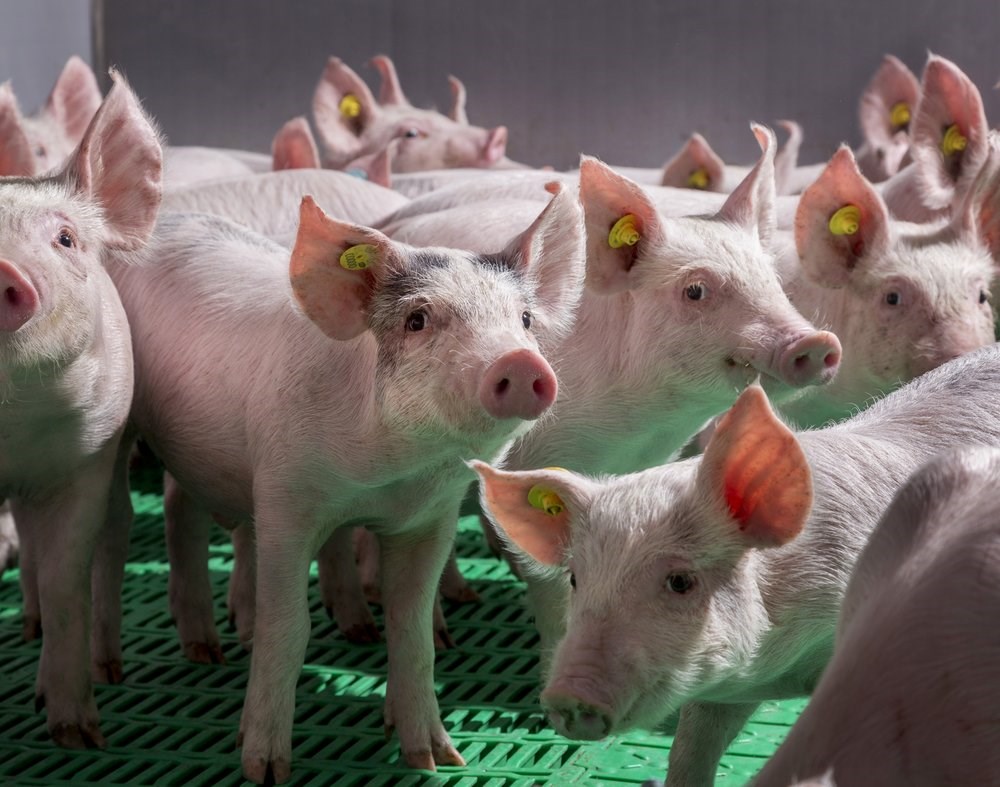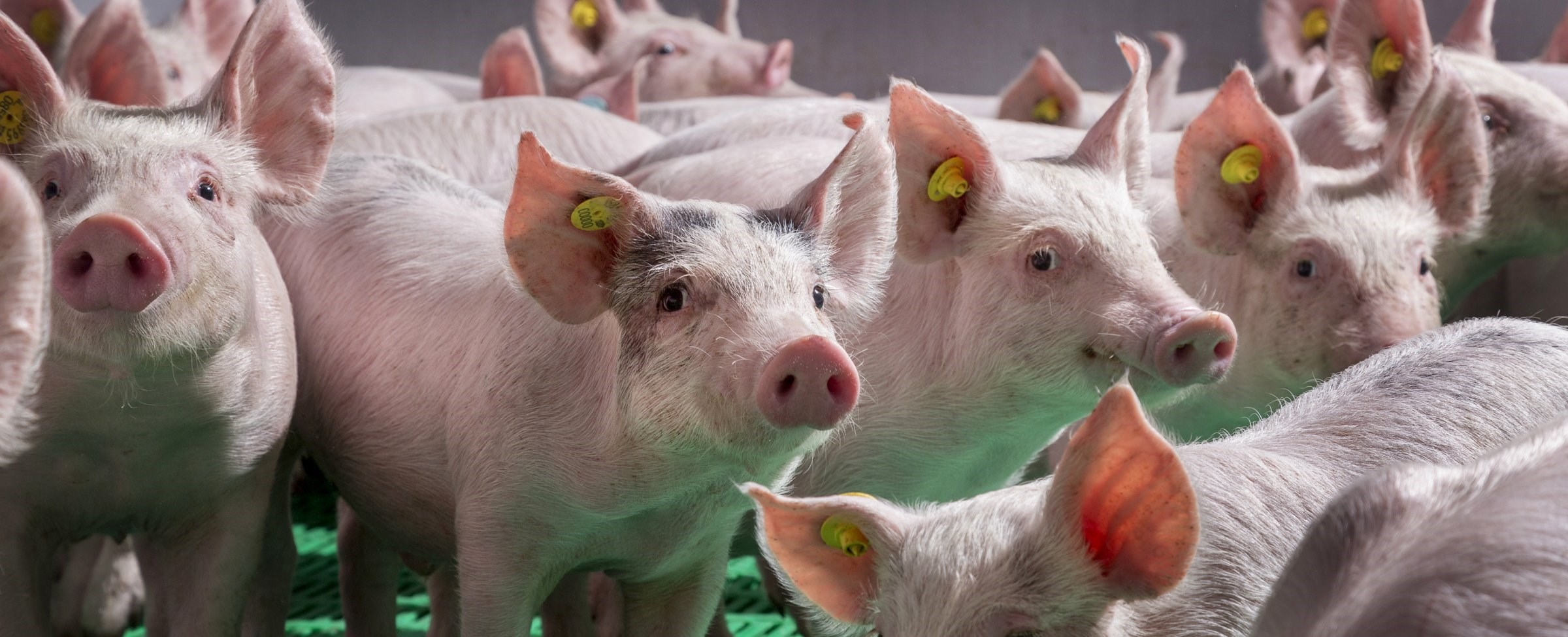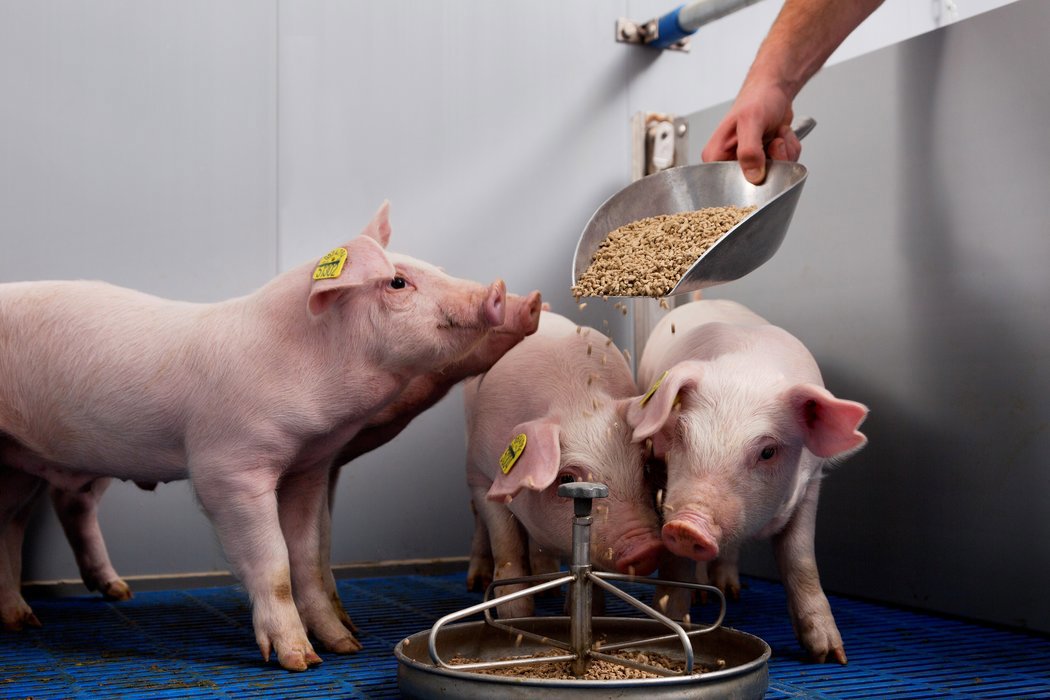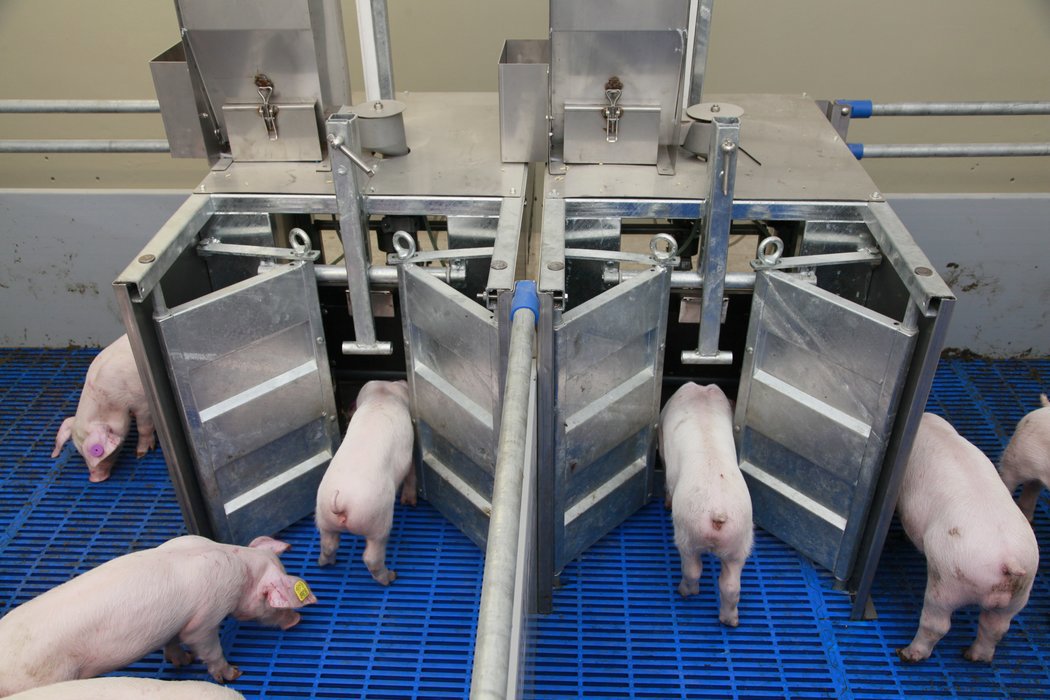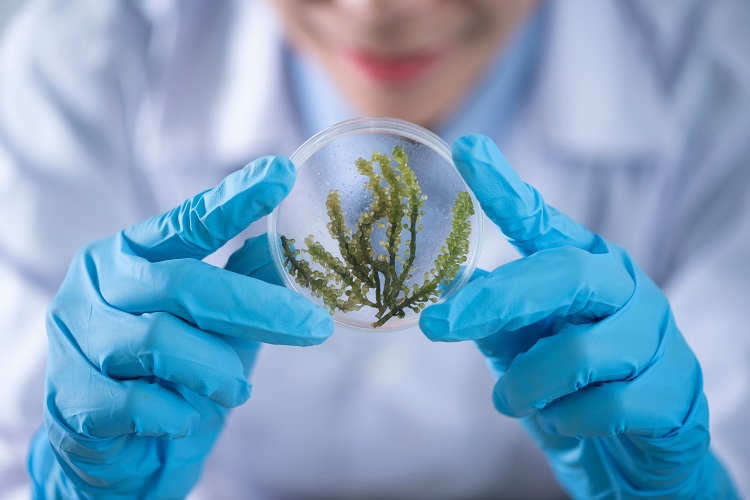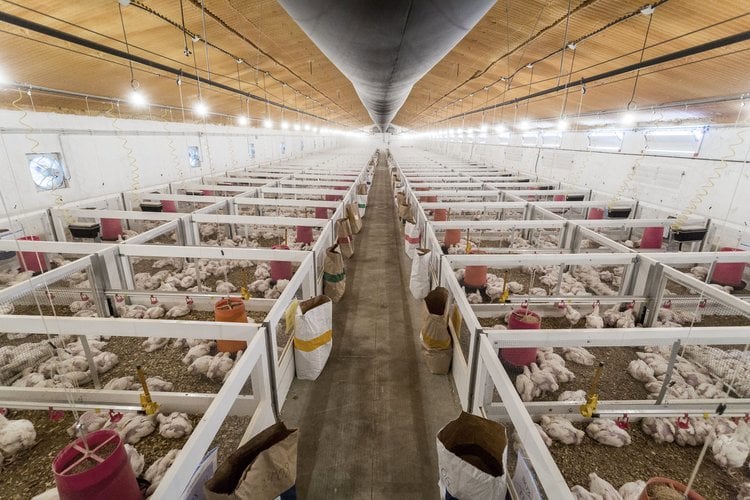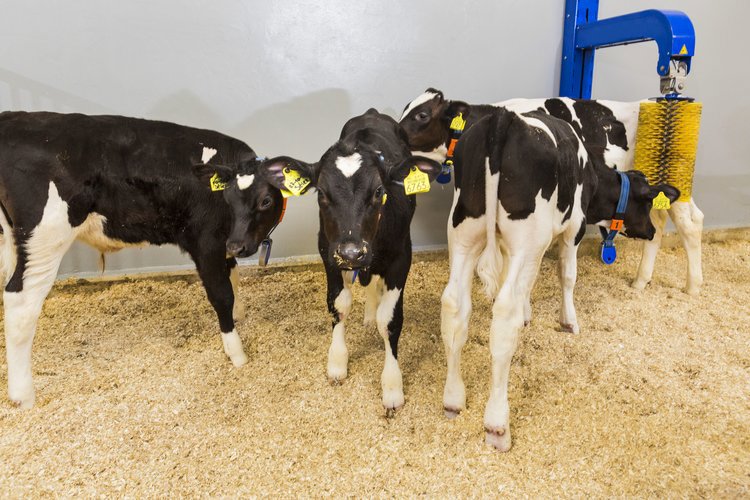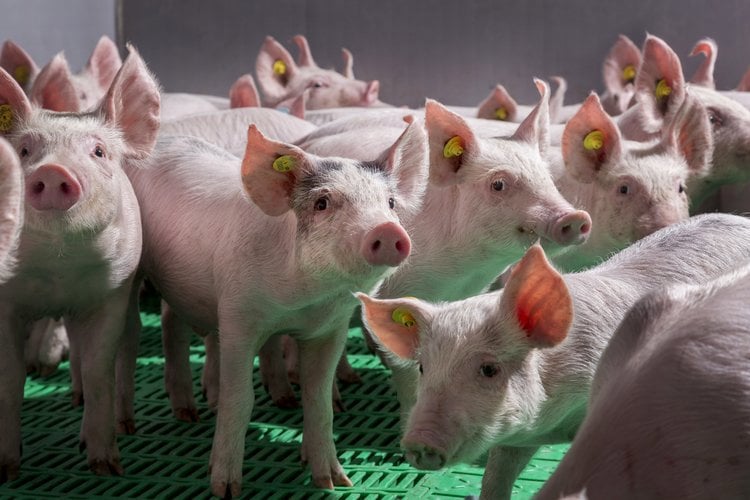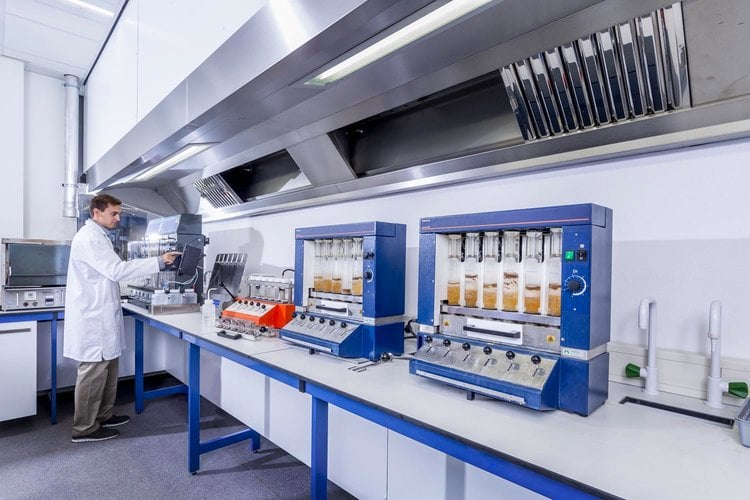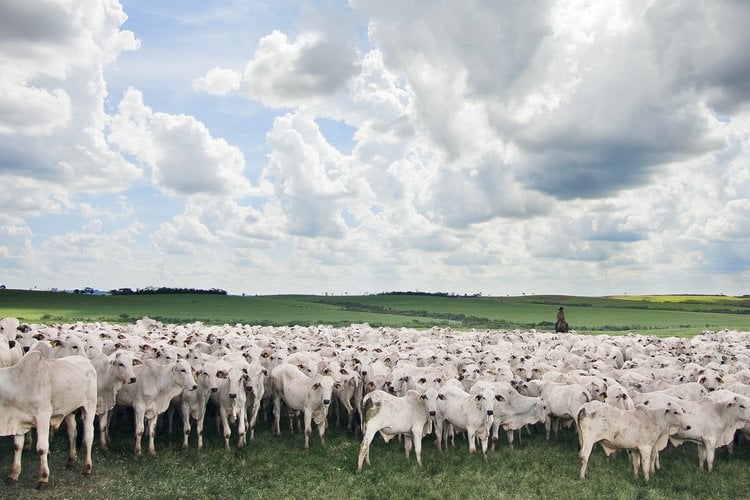Swine researchers focus on innovative nutritional solutions
Our team of well-skilled research scientists, research technicians and trained farm technicians focuses on the development and validation of innovative nutritional solutions to address the needs of our swine producer partners. Research areas cover a broad range of industry issues including nutrition (feed), management (farm), and health, with the aim of developing a program-based approach to sustainable swine production.
Basic and applied research studies are being conducted to:
- Create nutritional solutions for sustainable healthy animal growth while reducing the reliance on antibiotics and therapeutic levels of trace minerals (e.g., Cu and Zn).
- Explore how to support the sow and early life piglet nutrition through programs, such as Gestawean and Milkiwean, as well as ways to enhance a sow’s lifetime performance.
- Drive value in the grower/finisher phase by improving sustainable production efficiency, animal welfare and meat quality.
